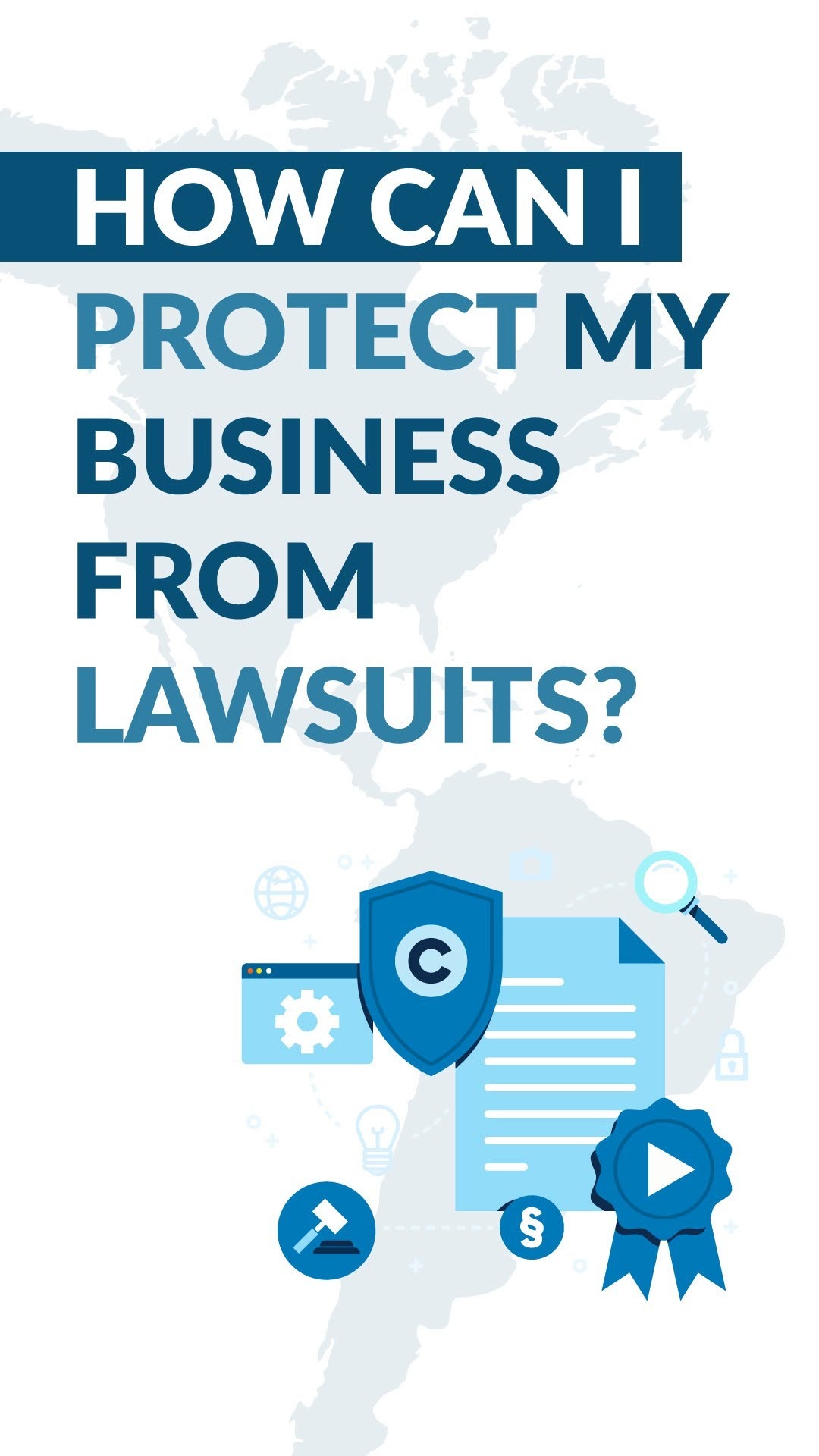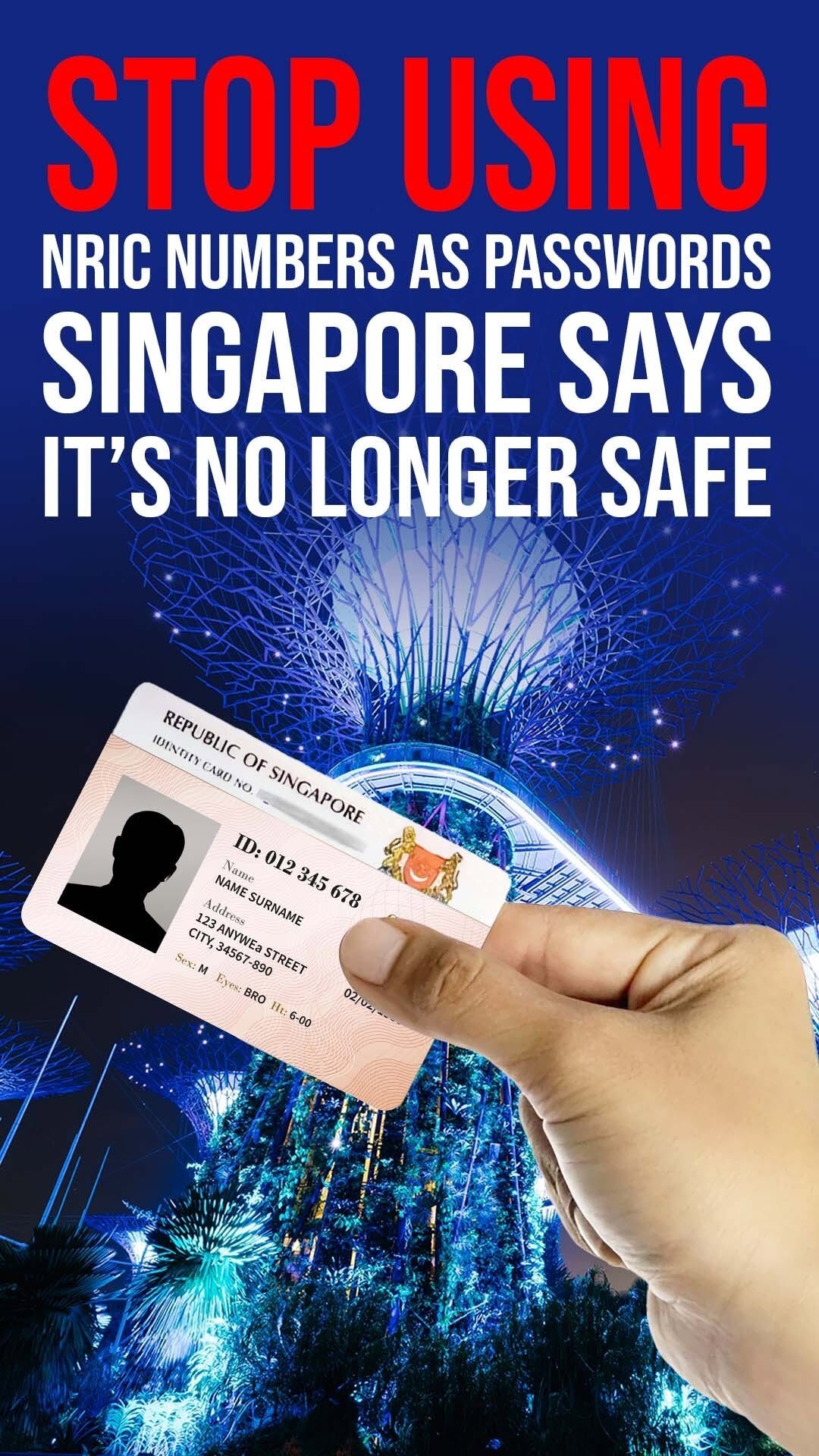

Since 2010, the Global Law Experts annual awards have been celebrating excellence, innovation and performance across the legal communities from around the world.
posted 3 years ago
In a much-awaited development, the Delhi High Court has notified the “High Court of Delhi Rules Governing Patent Suits, 2022” and “Delhi High Court Intellectual Property Rights Division Rules, 2022” on February 24, 2022 (IP Rules). These Rules have been made in exercise of the powers conferred by Sec. 7 of the Delhi High Court Act, 1966; Sec. 129 of the Code of Civil Procedure, 1908 and powers conferred under the various Intellectual Property statutes as amended by the Tribunal Reforms Act, 2021.
This process began with the abolishment of the Intellectual Property Appellate Board (IPAB) on April 4, 2021 by the Government of India when it promulgated the Tribunals Reforms (Rationalisation and Conditions of Service) Ordinance, 2021. IPAB was an appellate authority empowered to hear appeals arising from the decisions of the controllers and registrars appointed under the Patents Act, Trademarks Act, etc. It also had the power to revoke a patent and cancel a design, a trademark, or a copyright. The ordinance was ratified by the Parliament of India and it was later enacted as the Tribunal Reforms Act, 2021.
Until April 4, 2021, India had the three-tier dispute resolution systems for IPR matters, which included IP Offices at level one, the Intellectual Property Appellate Board (IPAB) at level two and the courts of law at the top level. IPAB had powers to revoke IPRs and keep a check on creation and existence of frivolous IPR. IPAB also served as the sole appellate authority against the decisions of various Intellectual Property (IP) offices, including decisions that refused grant of protection. These powers have now been vested in the High Courts.
After dissolution of IPAB, it was expected that over 3000 cases will be transferred to the High Court of Delhi alone, and to effectively manage such a huge volume of cases, a committee comprising of Hon’ble Ms. Justice Pratibha M Singh and Hon’ble Mr. Justice Sanjeev Narula was constituted by the Hon’ble Chief Justice of the High Court of Delhi to provide recommendations for the management of overall IP matters. Based on the recommendations of this Committee, the Hon’ble Chief Justice issued an Office Order on July 07, 2021, creating an Intellectual Property Division (IP Division) in the High Court of Delhi, a first in the entire country. This IP Division deals with all matters relating to IP Rights including fresh and pending IP infringement suits and matters which were pending before the erstwhile IPAB. These cases include appeals against the decisions of the Patent/Trademark/Copyright Offices, revocation/cancellation actions and applications for rectification of patents/trademark register.
With the creation of a separate IP Division, need was felt to form special rules to govern procedures before this new division because of the complexity and peculiarity of IP matters. Keeping this in mind, draft IP Rules were framed and published by the High Court of Delhi for suggestions from the members of the Bar and stakeholders. Only after considering these suggestions and several rounds of discussions, final IP Rules have now been notified.
Delhi High Court Intellectual Property Rights Division Rules, 2022 (IPD Rules)
IPD Rules will regulate the matters listed before IPD and prescribe the practice and procedure for the exercise of the original and appellate jurisdiction of IP Division and for other miscellaneous petitions arising out of specific IP statutes. Some of the salient features of the proposed Rules are:
The notified IPD Rules can be accessed at https://egazette.nic.in/WriteReadData/2022/233739.pdf .
High Court of Delhi Rules Governing Patent Suits, 2022 (Patent Rules)
With Delhi High Court witnessing a large increase in the number of patent infringement actions since the turn of this century, specific rules governing complex patent matters were waiting to happen and on 27th October 2020, first draft of Patent Rules was circulated for suggestions of the stakeholders. Finally, Patent Rules have been notified with a set of 17 rules covering all the stages and intricacies involved in a patent suit. Some notable features of Patent Rules are:
The High Court has considered comments and suggestions of several stakeholders before notifying the aforesaid Rules. We expect that these Rules would assist in developing robust system for efficient and timely disposal of IP matters at the Delhi High Court. The notified Patent Rules can be accessed at https://egazette.nic.in/WriteReadData/2022/233727.pdf.
posted 3 hours ago
posted 1 day ago
posted 2 days ago
posted 3 days ago
posted 4 days ago
posted 4 days ago
No results available
Find the right Legal Expert for your business
Global Law Experts is dedicated to providing exceptional legal services to clients around the world. With a vast network of highly skilled and experienced lawyers, we are committed to delivering innovative and tailored solutions to meet the diverse needs of our clients in various jurisdictions.

When your international business faces financial distress, quick action is key! 🔑 Negotiating with creditors, restructuring debt, and understanding insolvency laws can help regain stability. Global Law Experts is here to guide you through your options.
🌍Explore the details on our website.
🔗Link in bio
#GlobalLawExperts #CommercialLaw #BusinessLaw #LegalAdvice #BusinessGrowth #LegalTips #BusinessStrategy #LegalCompliance #Law #LegalKnowledge #LegalAwareness #Law101 #LegalEducation #IntellectualProperty

Running a business is hard enough — lawsuits shouldn’t make it harder. 🚫 Protect your business with the right legal strategies and expert tools from Global Law Experts. Let’s secure your future together! 💼
🌍Explore the details on our website.
➡️www.globallawexperts.com
#GlobalLawExperts #CommercialLaw #BusinessLaw #LegalAdvice #BusinessGrowth #LegalTips #BusinessStrategy #LegalCompliance #Law #LegalKnowledge #LegalAwareness #Law101 #LegalEducation #IntellectualProperty #Infringed #Ecommerce #LegalBranding

Using NRIC numbers as passwords or identity proof? That era is done. Strengthen your security with multi-factor authentication and biometrics—because your clients' trust depends on it.
#SingaporeLaw #DataPrivacy #CyberSecurity #PDPA #NRIC #MFA #StrongAuthentication #LegalCompliance #ClientTrust

Swiss law protects secured lenders—with precision. From real estate to IP and bank accounts, every asset counts—just as long as it’s defined, documented, and delivered.
#SwissLaw #SecurityInterest #Collateral #InternationalLending #SwissFinance #LegalCompliance #GlobalBusiness #AssetSecurity

Gold trading in Saudi Arabia isn’t just a business—it’s a lab test, a permit, and a legal tightrope. Want to succeed? Start with compliance, hallmarking, and permits—or risk losing it all.
#GoldTrading #SaudiLaw #PreciousMetals #BusinessSetup #LegalCompliance #GlobalBusiness #SaudiArabia #TradeRigour

Second citizenship isn’t permanent—especially if you break the rules. Know the risks and how to safeguard your status: be transparent, stay lawful, and honour all citizenship requirements.
#SecondCitizenship #CitizenshipRisks #DualNationality #Compliance #GlobalMobility #LegalAdvice #ImmigrationLaw

Send welcome message